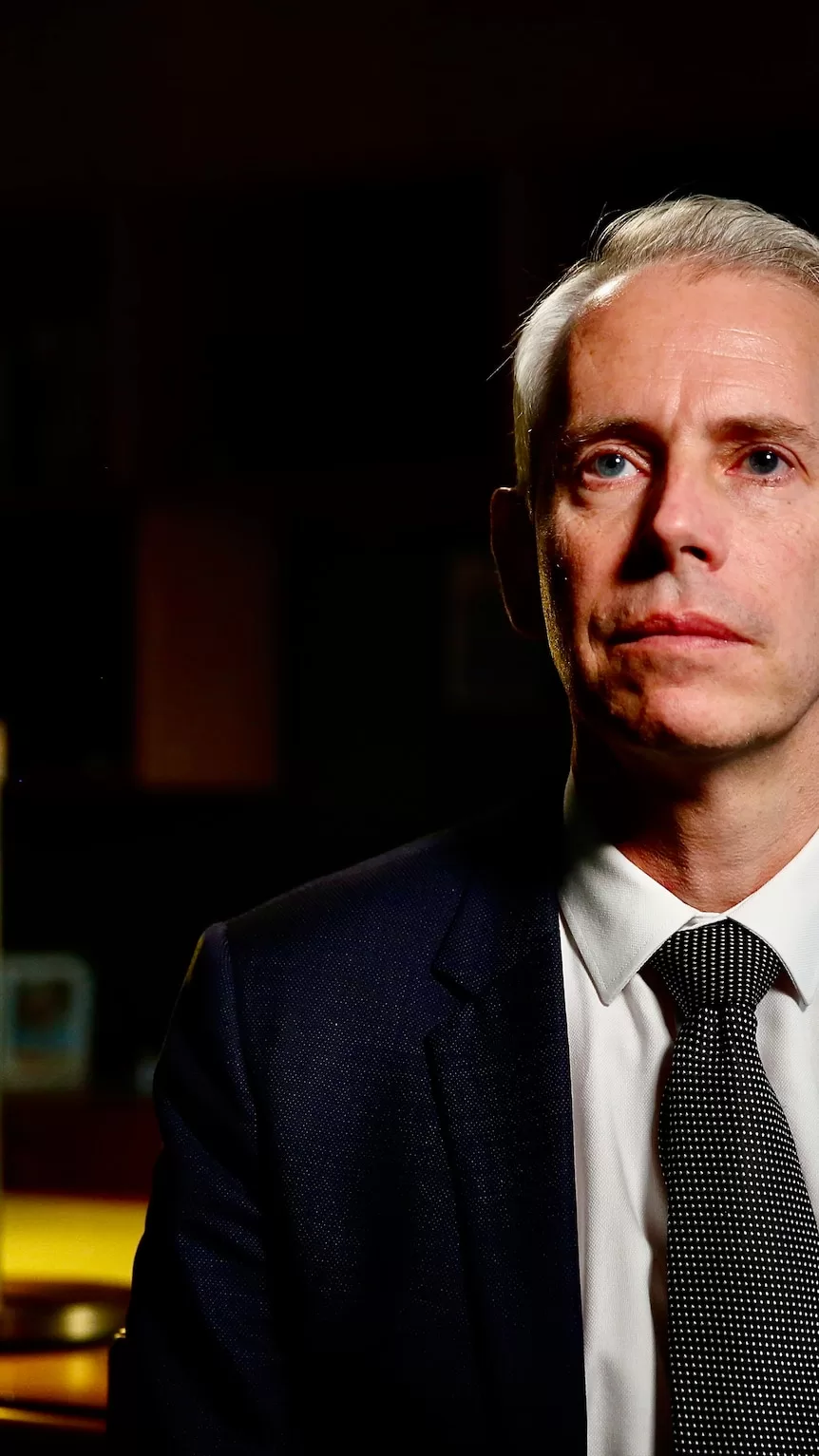Andrew Giles is refusing to step aside as immigration minister, despite agreeing to tear up a contentious direction to his department and Commonwealth tribunals that has led to convicted criminals being allowed to remain in the country.
The embattled minister has faced sustained criticism over the so-called ‘ministerial direction 99’, which had forced decision makers to take into account an individual’s ties to the community when ruling on their visas.
In recent weeks it has been revealed the Administrative Appeals Tribunal reinstated the visas of convicted rapists, drug smugglers and kidnappers as a result of the edict.
A man jailed for choking the mother of one of his children was allowed to stay in the country by the AAT, and weeks later allegedly murdered a man in Brisbane.
Prime Minister Anthony Albanese revealed during Question Time the direction would be revised, as that was the “only effective way of ensuring the tribunal members are making better decisions.”
In a rare television interview, Mr Giles told the ABC’s Afternoon Briefing whether that was a concession ministerial direction 99 was a mistake to begin with.
“It has not produced, in the AAT decisions, the outcomes that we expected,” he replied.
“That’s why we are pursuing a new, revised direction.
“Some of the AAT decisions are very hard to reconcile with any sense of the expectations of the Australian community — nor frankly, common sense.”
New Zealand government being briefed on policy change
Mr Giles argued the new direction, which he discussed with Home Affairs Department officials today, will put a greater emphasis on community safety.
“We will introduce further mechanisms to enable the perspective of victims and their families to be more clearly brought to bear and also to deal more effectively with the scourge that is family violence,” he said.
Yesterday, Mr Giles committed to an urgent review of the recent AAT rulings, and revealed to the ABC he had already cancelled six of the visas that had been reinstated.
Despite having to launch such an intervention, Mr Giles is standing firm as a frontbencher, even as chatter about his ministerial mortality rumbles through Parliament House.
“I owe the Australian community to work day and night to keep the community safe,” Mr Giles said.
The original ministerial direction came about after years of lobbying by the New Zealand government, complaining that Kiwi criminals were being deported despite spending most of their lives in Australia and having few ties across the Tasman.
Mr Giles said the New Zealand government was being briefed on the change to the policy.
Six cases referred for expert review, 26 in stage of preparation
The latest saga has followed months of pressure on Mr Giles about the release of more than 150 people into the community, following a landmark High Court decision in November.
The court took the government by surprise when it up-ended two decades of established legal precedent, and ruled indefinite immigration detention for people with no reasonable prospect of deportation was unlawful.
The Coalition has used the NZYQ case to accuse Mr Giles and his senior frontbench colleague, Home Affairs Minister Clare O’Neil, of mismanaging the immigration system and putting the community at risk.
The Albanese government rushed legislation into parliament late last year that allowed authorities to monitor the former detainees – some of whom are hardened criminals — with electronic ankle bracelets and curfews.
A second tranche of laws were introduced to allow the government to request state and territory supreme courts re-detain the individuals, if they were deemed a threat to the community.
To this point, no applications for such orders have been made and Mr Giles has been reluctant to outline how advanced work on those cases is.
But today, he took a different approach.
“Six cases have been referred for expert review, and then that’s the stage before they can go to the court for the court to make any decision,” he told the ABC.
“I can also say that 26 cases, a further 26 are in an advanced stage of preparation.
“This is a process that is extremely resource intensive.”
Mr Giles said there was no available time frame for when those cases would be heard, or any orders would be made.
146 criminals released under Dutton, including 64 child sex offenders
Earlier today in Question Time, Mr Giles highlighted the release of criminals that took place under his predecessor in the same portfolio, Opposition Leader Peter Dutton.
One hundred and forty-six criminals were released when Mr Dutton was immigration and home affairs minister through 2014-15 and in 2020-21, respectively.
During that time, as confirmed by the Department of Home Affairs, the following people were released from immigration detention.
- Four murderers
- 64 child sex offenders
- 40 domestic violence perpetrators
- 38 sex offenders
The Coalition has been critical of the government’s handling of released detainees with criminal records, using nearly every single one of its questions during Question Time to probe Mr Giles.
